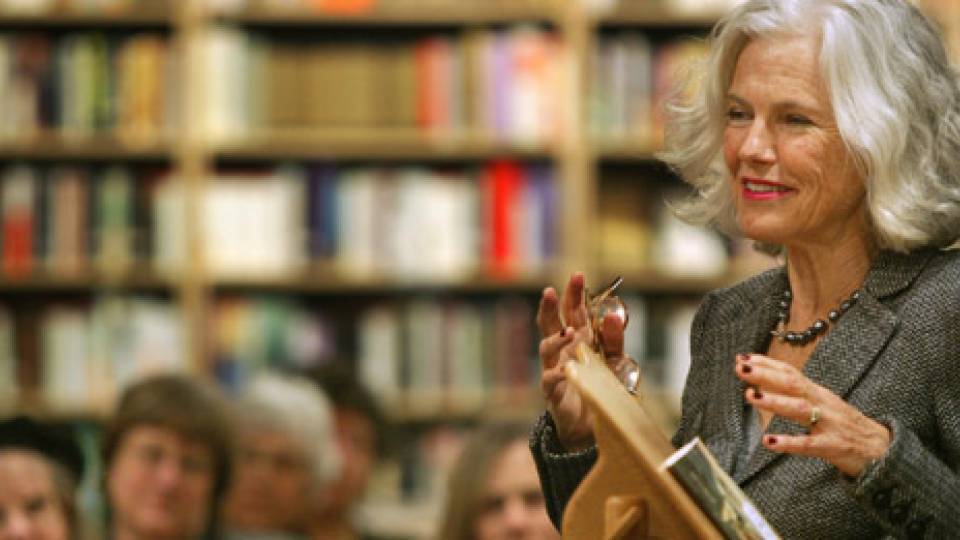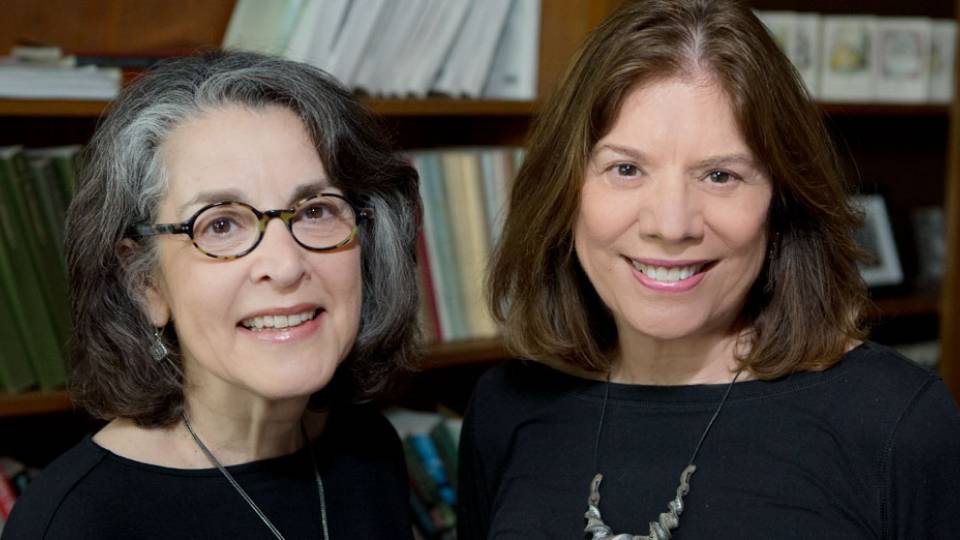South African writer Mark Mathabane, author of the best-selling autobiography "Kaffir Boy," will discuss his new novel, "The Proud Liberal," at 2 p.m. Friday, Oct. 8, at the Carl A. Fields Center for Equality and Cultural Understanding, 58 Prospect Ave, on the Princeton University campus. The event is free and open to the public.
In "Kaffir Boy," published in 1986, Mathabane told the true story of his coming of age under apartheid in South Africa. The book made the New York Times and Washington Post best-seller lists and was translated into several languages. Today, the book is used in classrooms across the U.S.
Mathabane, a frequent speaker on issues of race, also is the author of several other works of fiction and nonfiction and has served as a White House Fellow.
Born of destitute parents whose $10-a-week wage could not pay the rent for their shack or put food on the table, Mathabane wrote that he spent the first 18 years of his life as the eldest of seven children in a one-square-mile ghetto that was home to more than 200,000 blacks. A childhood of devastating poverty, terrifying and brutal police raids and relentless humiliation drove him to the brink of suicide at the age of 10, he wrote.
A love of learning and books and his dreams of tennis stardom carried him from despair, hate and anger to possibility and hope, Mathabane wrote. He said that his illiterate mother, who has become a source of inspiration for many American women, believed that education was the only way out of the ghetto, the only way to keep her son from a dead-end life of street gangs and crime. Her courage and sacrifice turned Mathabane's life around, he said.
According to Mathabane, he did what no physically and psychologically battered "Kaffir" from the mean streets of Alexandra was supposed to do -- he escaped to tell about it. Tennis was Mathabane's passport to freedom. In 1978, with the help of 1972 Wimbledon champion Stan Smith, Mathabane left South Africa to attend an American university on a scholarship.
He has appeared on "The Oprah Winfrey Show," "Today," CNN's "Sonya Live," "Nightwatch," "Larry King Live" and many other TV and radio programs across the country. His provocative articles have appeared in the New York Times, Newsday and U.S. News and World Report. He has been featured in Time, Newsweek and People magazines. A sought-after lecturer, he was nominated for 1993 Speaker of the Year by the National Association for Campus Activities.
"Love in Black and White," which he co-authored with his wife, Gail, a writer and communications manager, describes their personal odyssey as an interracial couple in America. Together they have appeared on talk shows, led workshops and delivered lectures on ways to heal the racial divide in America.
Mathabane's fourth book, "African Women: Three Generations," describes the struggles, relationships and triumphs of three South African women who were heroines in "Kaffir Boy" -- his grandmother, mother and sister Florah.
In September 1997, Mathabane completed a one-year assignment as a White House Fellow at the Department of Education in Washington, D.C., where he helped implement several education initiatives. He and the other 17 White House fellows traveled on fact-finding missions to Panama and South Africa.
His latest work of nonfiction, which was published in June 2000 by Simon & Schuster, is called "Miriam's Song" and tells the true story of a young South African girl growing up amid the turmoil and violence that preceded the end of apartheid and Nelson Mandela's election. He recently published his first work of fiction, "Ubuntu," a novel set against the politically and racially tense backdrop of post-apartheid South Africa.
The opening chapters of "Ubuntu" and the first chapters of Mathabane's other books can be read free of charge on his personal website.
Members of the media interested in attending the lecture should e-mail Makeba Clay, at mclay@princeton.edu, no later than noon on Oct. 7.






